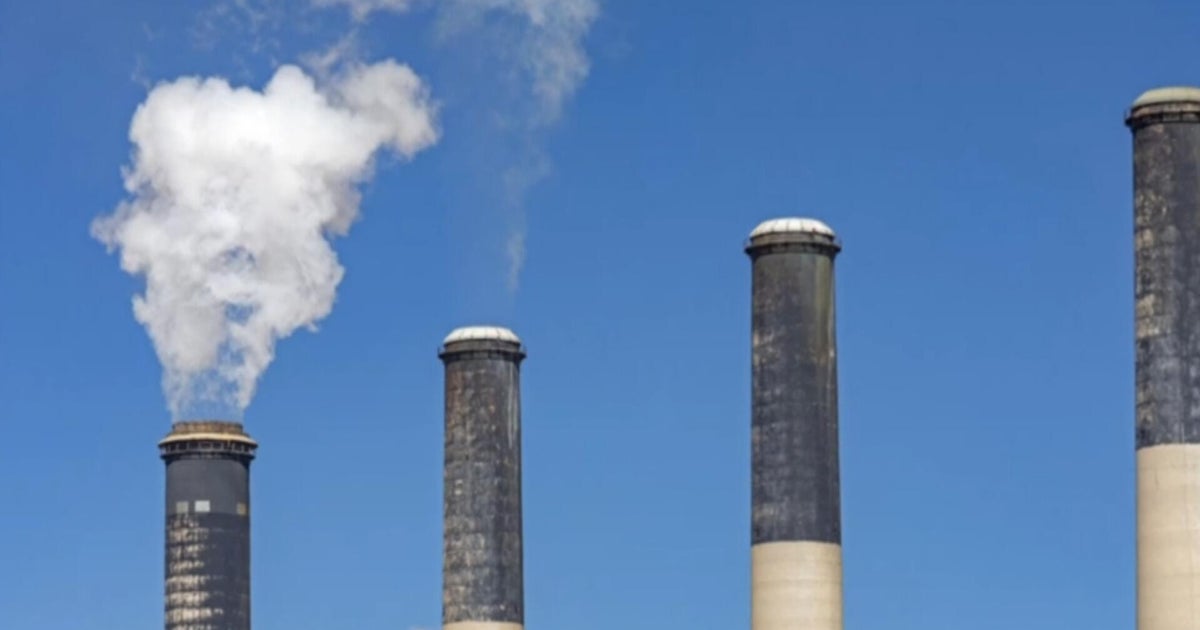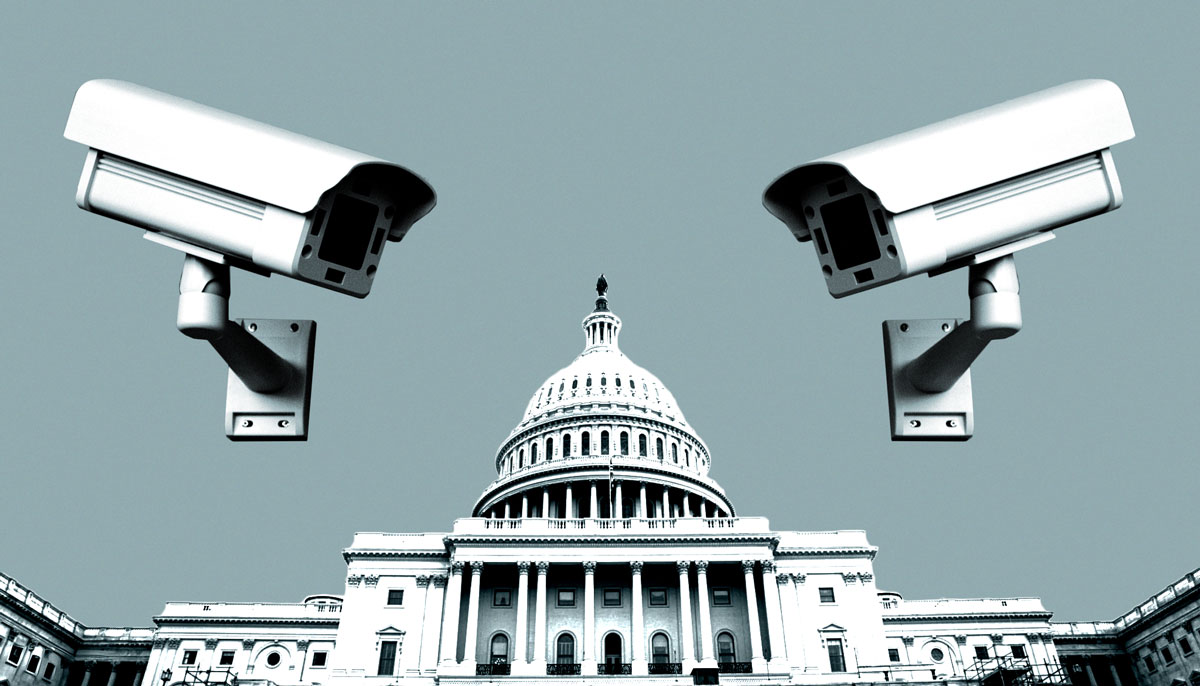Yellen says "transformative" $1.75 trillion framework will help return Americans to workforce and drive inflation down
Washington — Treasury Secretary Janet Yellen predicted Thursday that President Biden's $1.75 trillion social spending and climate change package will help drive prices lower and get Americans back to work as the United States continues its rebound from the COVID-19 pandemic.
In an exclusive interview with CBS News chief White House correspondent Nancy Cordes in Rome, Yellen said the U.S. has been in a "very difficult period" because of the 18-month-long pandemic, which has led to changes in spending patterns for Americans and a shrinking labor force, due to child care issues and health concerns.
U.S. inflation accelerated in September, with consumer prices rising 5.4%.
"This is really because of the pandemic," Yellen told Cordes of higher consumer prices when asked if inflation would decline next year, "and as we succeed in the vaccination campaign and other countries do as well and life goes back to normal, I truly believe that this will subside and Americans will see inflation rates much closer to the 2% that we want and they're accustomed to."
The Treasury secretary said there has been a spike in demand for goods amid factory closures, which has led to supply bottlenecks. But Yellen said she believes provisions of a $1.75 trillion framework for Mr. Biden's domestic policy package unveiled Thursday will also help drive prices down.
"We haven't seen an investment like that in 100 years in the United States," she said of Mr. Biden's proposal. "... All of this will help households find their basic needs much easier to meet, health care, child care, the expenses of living, elder care. "
Yellen predicted the president's package, scaled down from an initial $3.5 trillion price tag, will also help lift wages and lead to a reduction in what working parents spend on child care.
"It'll spur economic growth in our ability to supply goods and services," she told CBS News' Cordes. "It will make it much easier for people to participate in the workforce by providing child care and support for people who work, and more supply also, is something that tends to push down prices throughout the economy."
The framework rolled out by Mr. Biden on Thursday before he departed for Rome for a Group of 20 leaders summit and United Nations climate conference in Glasgow, Scotland, caps weeks of negotiations among congressional Democrats over a pillar of his domestic policy agenda, which at times seemed near collapse.
The package includes plans for universal pre-K for 3- and 4-year-olds, an expansion of Medicare to include hearing benefits and $555 billion in climate and clean energy investments. It also extends the expanded child tax credit for one year and limits child care costs for some families to no more than 7% of their income.
Yellen said the president's plan is "transformative" and follows through on many proposals he put forth, even though it omitted provisions for free community college, paid family leave and Medicare coverage of vision and dental, key priorities for some Democrats.
"We shouldn't lose sight of all the transformative investments that are in this package and also in the infrastructure package that we also hope will be passed very shortly," the Treasury secretary said, while noting she believes the U.S. should have paid family leave.
"These two packages really have an enormous amount that is going to boost economic growth in the United States and finally invest in people, in infrastructure, in research and development, she added.
To pay for the $1.75 trillion framework, the White House proposes a mix of new taxes and government fees, including a 15% minimum tax on the earnings of the nation's largest corporations and surtax on earnings of multimillionaires and billionaires. It also makes investments in the IRS for enforcement, which the Biden administration estimates will raise $400 billion.
"It asks corporations to pay their fair share, wealthy individuals to pay their fair share, and an historic investment in the Internal Revenue Service so that it can collect the taxes that are due under the tax code," Yellen said.



